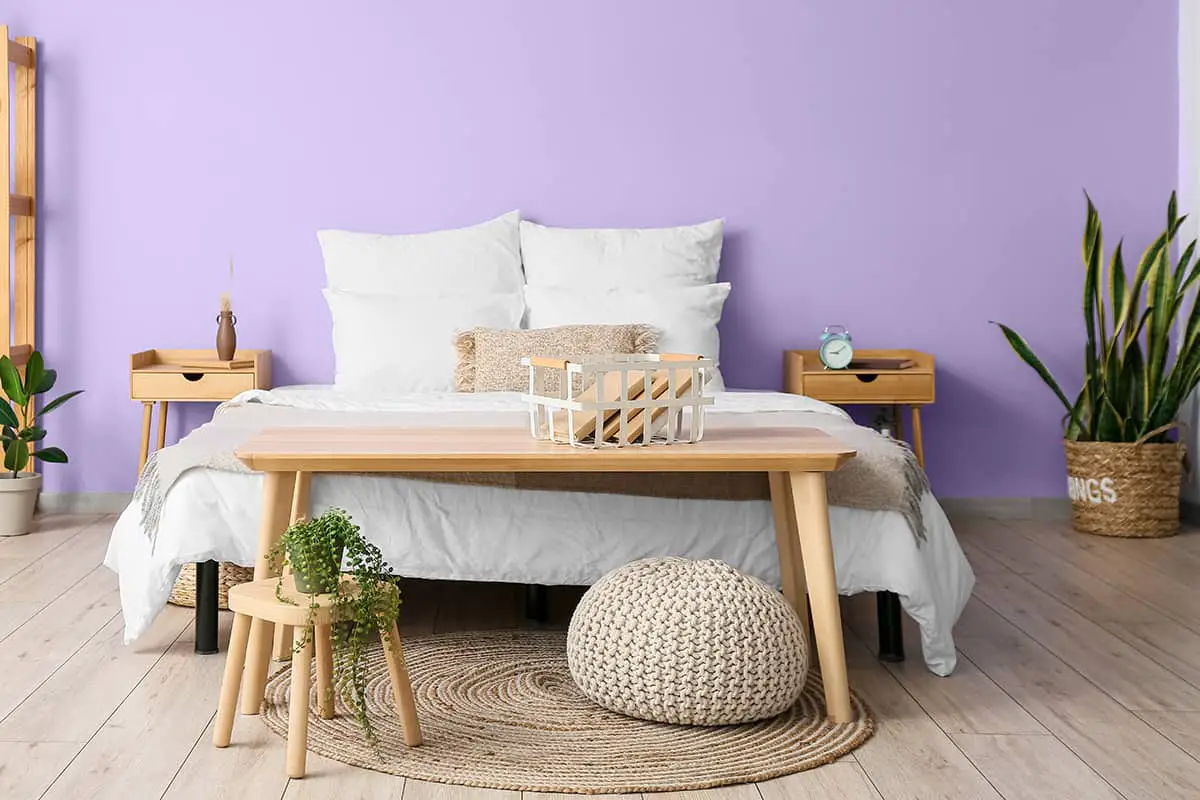Having trouble sleeping? Introducing houseplants to your bedroom could be a natural and effective way to improve your sleep quality. Plants like lavender are revered for their calming properties, which may contribute to a more peaceful night’s rest.
Research suggests that certain plants can create a more relaxing environment, potentially aiding in sleep. The fragrance emitted by jasmine and gardenia, for example, has been associated with reduced anxiety and better sleep.
In addition to their soothing scents, some plants contribute to better air quality, which can also affect your sleep.
Table of Contents
Lavender
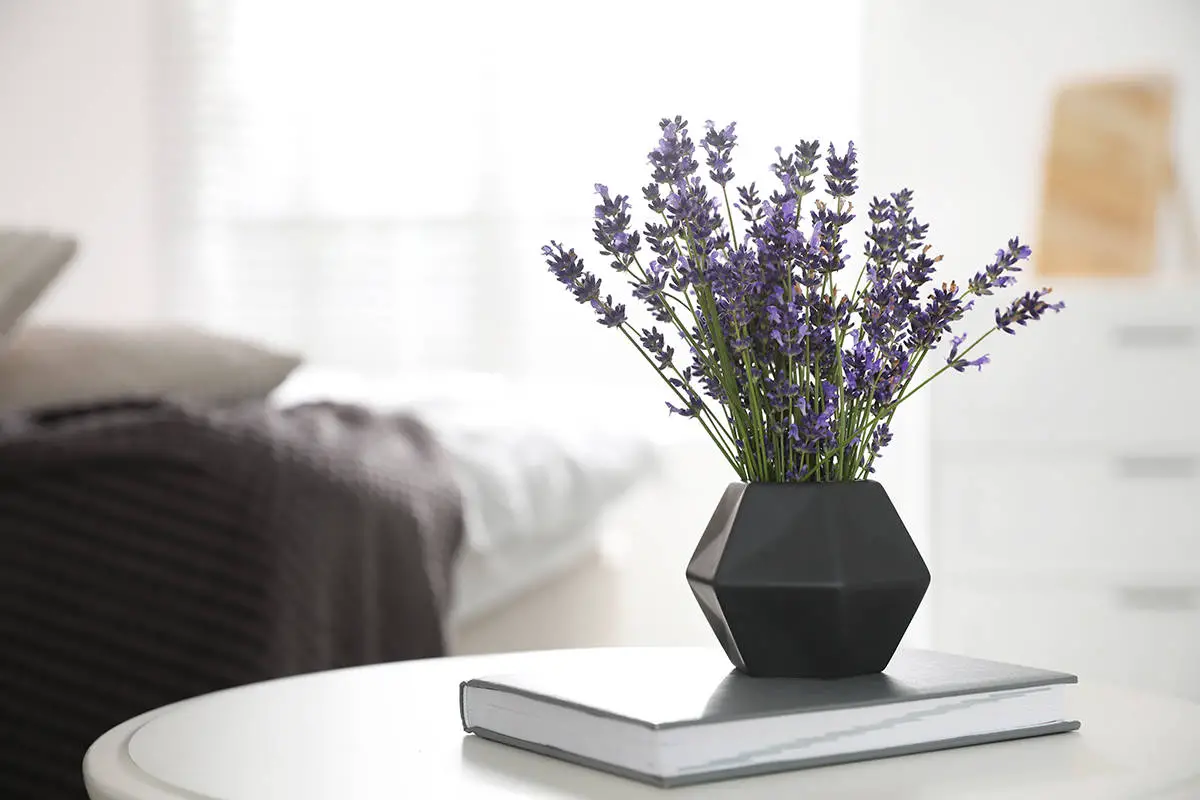
When searching for a natural sleep aid, consider the lavender plant. Its gentle and soothing scent may enhance your sleep quality. Studies indicate that lavender’s aroma has a calming effect on the nervous system. This can reduce stress and help you relax before bedtime.
You can keep a pot of lavender in your bedroom. Inhaling its fragrance as you sleep could contribute to a more serene rest. If you don’t have a green thumb, consider using lavender oil as an alternative.
Jasmine

Jasmine is a plant with a gentle, soothing fragrance. This scent has a demonstrated ability to improve sleep quality. It can calm your nerves and ease your mind before bedtime. Ensure you place this plant in a spot where its fragrance can disperse through your bedroom.
Maintaining a jasmine plant is straightforward. It requires moderate sunlight and regular watering. Be careful not to overwater jasmine, as this can damage the roots. This plant thrives with well-draining soil and occasional fertilization.
Snake Plant
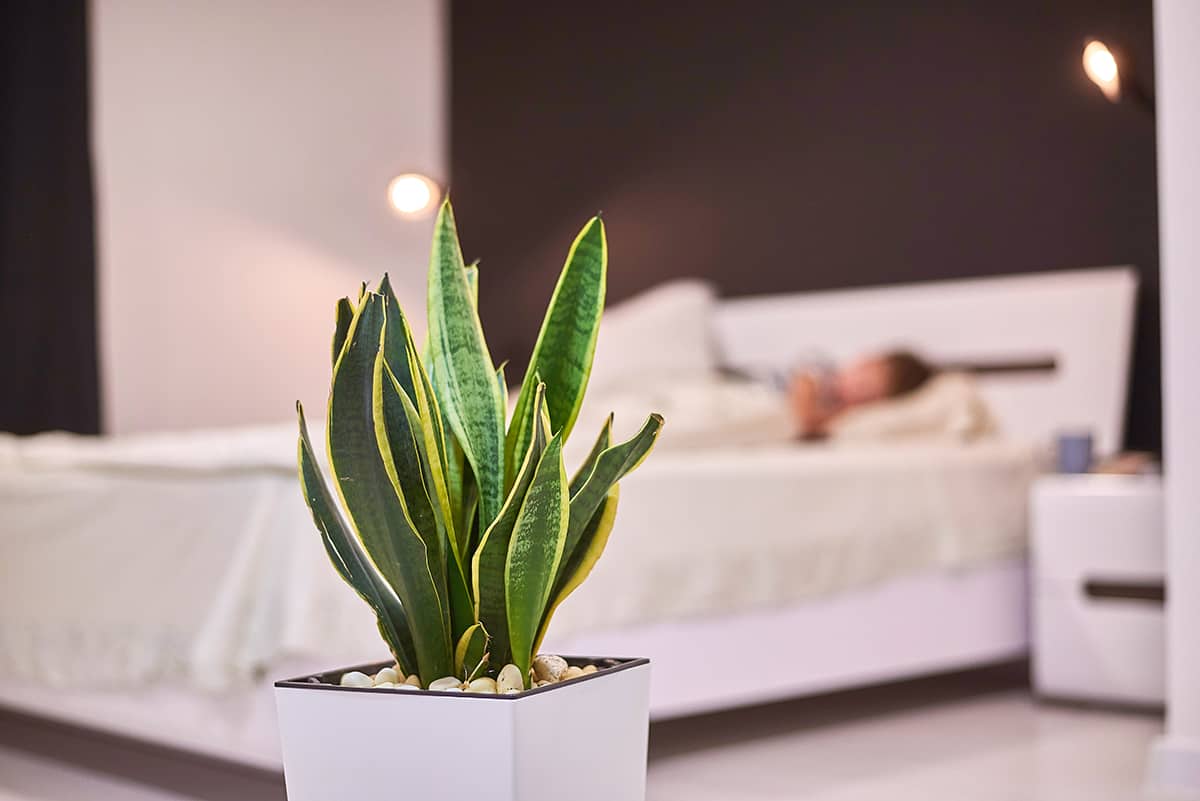
The Snake Plant, or Sansevieria, is a robust option for your bedroom. Its tall, sword-like leaves make it an attractive decor choice. This plant is a popular choice for indoor spaces due to its low maintenance requirements.
A notable characteristic of the Snake Plant is its ability to produce oxygen at night. Most plants release oxygen during the day, but the Snake Plant continues this process when you sleep. This trait can enhance the air quality in your room.
Studies suggest that improved air quality can lead to better sleep patterns. By absorbing toxins and releasing oxygen, the Snake Plant may contribute to a cleaner sleeping environment.
Here is how the Snake Plant manages this: The process is known as Crassulacean Acid Metabolism (CAM). Through CAM, the plant takes in carbon dioxide at night and converts it into breathable oxygen.
Aloe Vera

Aloe Vera is known for its soothing properties, frequently found in lotions and gels. It has thick, water-filled leaves and can grow well indoors with minimal care.
Your bedroom air quality can improve with an Aloe Vera plant. It releases oxygen at night, which may enhance your sleep quality. Remember to place your Aloe Vera in a spot with bright, indirect light. Ensure the pot has proper drainage to prevent root rot.
Gardenia
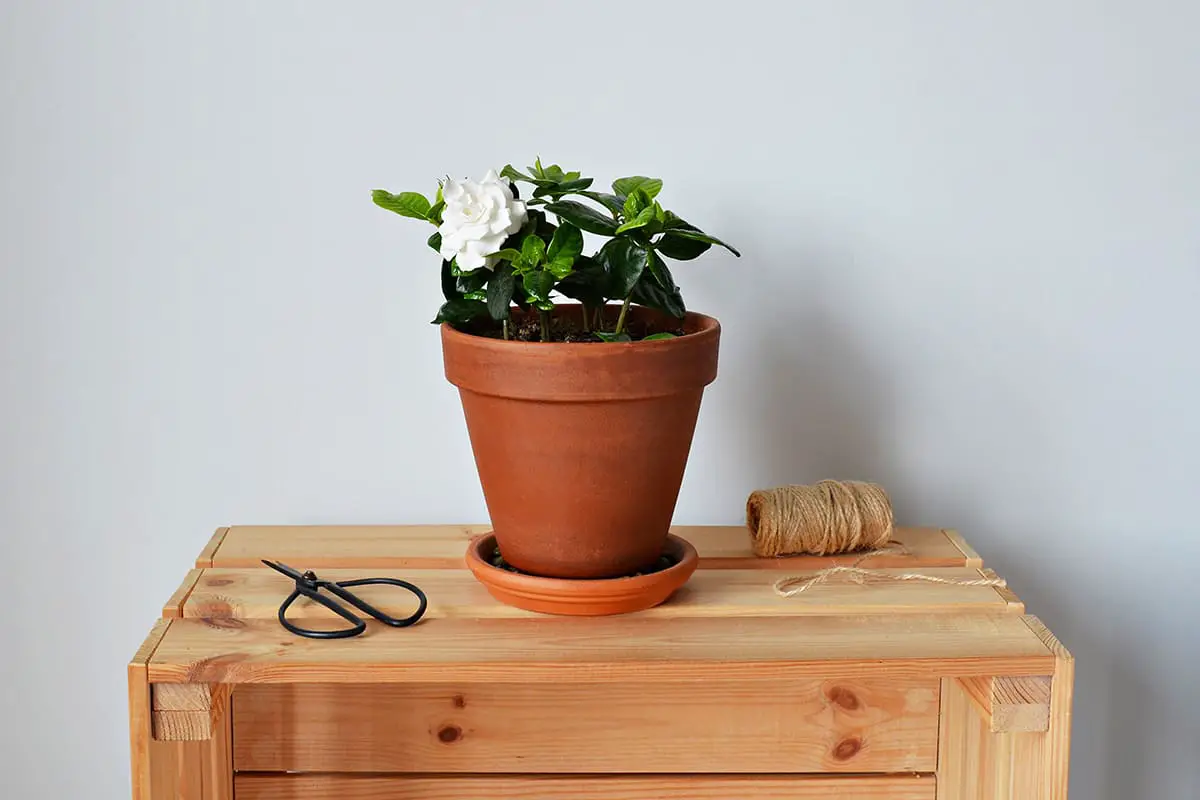
Gardenias are renowned for their fragrant white flowers. They can have a calming effect, helping you relax before bedtime.
Your gardenia requires attention to flourish indoors. It’s a delicate plant that benefits from proper care. Regularly check the soil to ensure adequate moisture levels.
For optimal growth, keep it in a well-lit area, but avoid direct sunlight. This will prevent leaf scorching.
Spider Plant
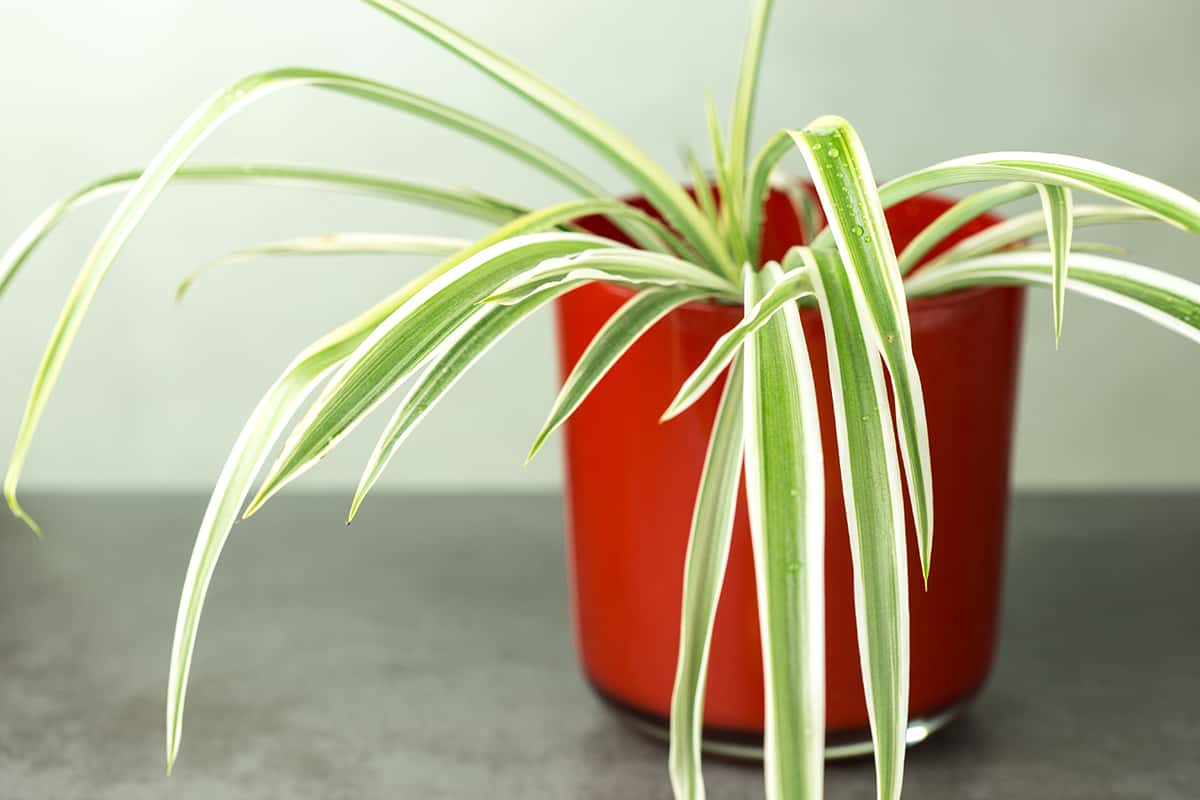
The Spider Plant, scientifically known as Chlorophytum comosum, is a robust houseplant. It is celebrated for its air-purifying qualities.
With its long, arching leaves, the Spider Plant is also visually calming. This greenery requires minimal care, thriving in indirect light with occasional watering.
Spider Plants are known to help in reducing stress levels and may aid in improving concentration. By incorporating one into your space, you may create a more tranquil and focused setting for rest. Plus, their ability to improve room humidity by releasing moisture into the air can make your sleep space more comfortable.
Valerian
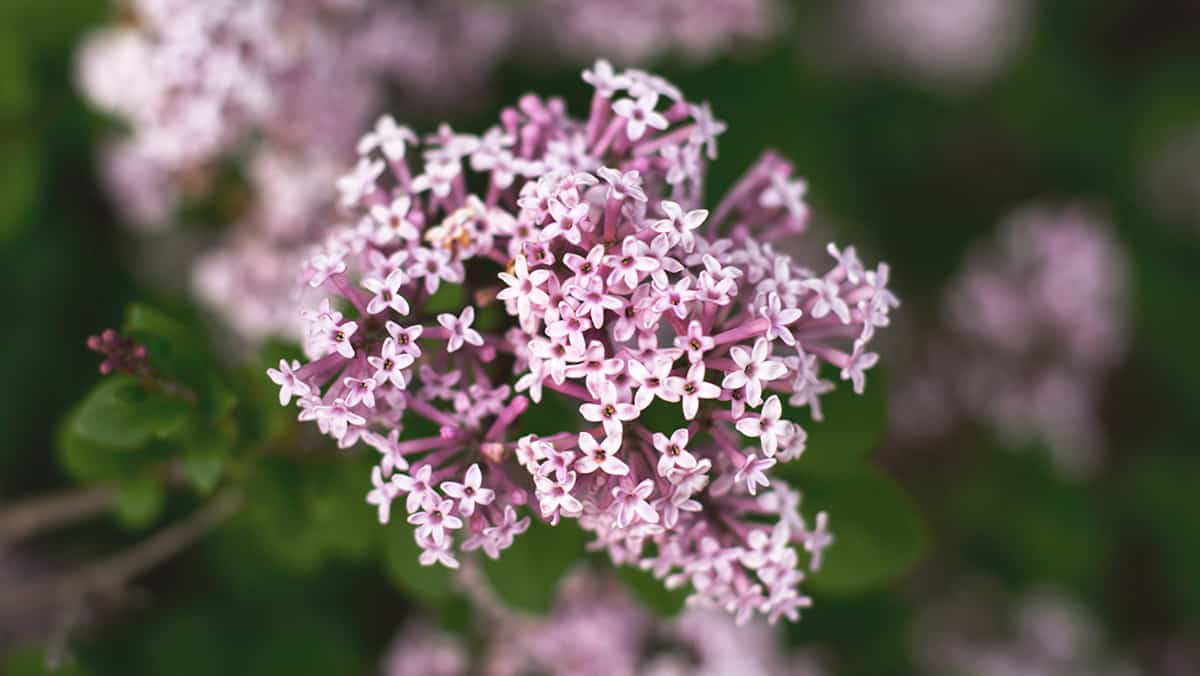
Valerian is a perennial plant with sweet-smelling pink or white flowers. It blooms in the summer. Your interest in valerian may be due to its potential sleep benefits. Research suggests that valerian may improve sleep quality and help you fall asleep faster.
The plant’s roots contain compounds that promote relaxation and sleep. Valeriana officinalis is the specific species widely studied for these effects. You can use the root to make tea. Some prefer taking valerian as a supplement. People worldwide have used it this way for centuries.
Peace Lily
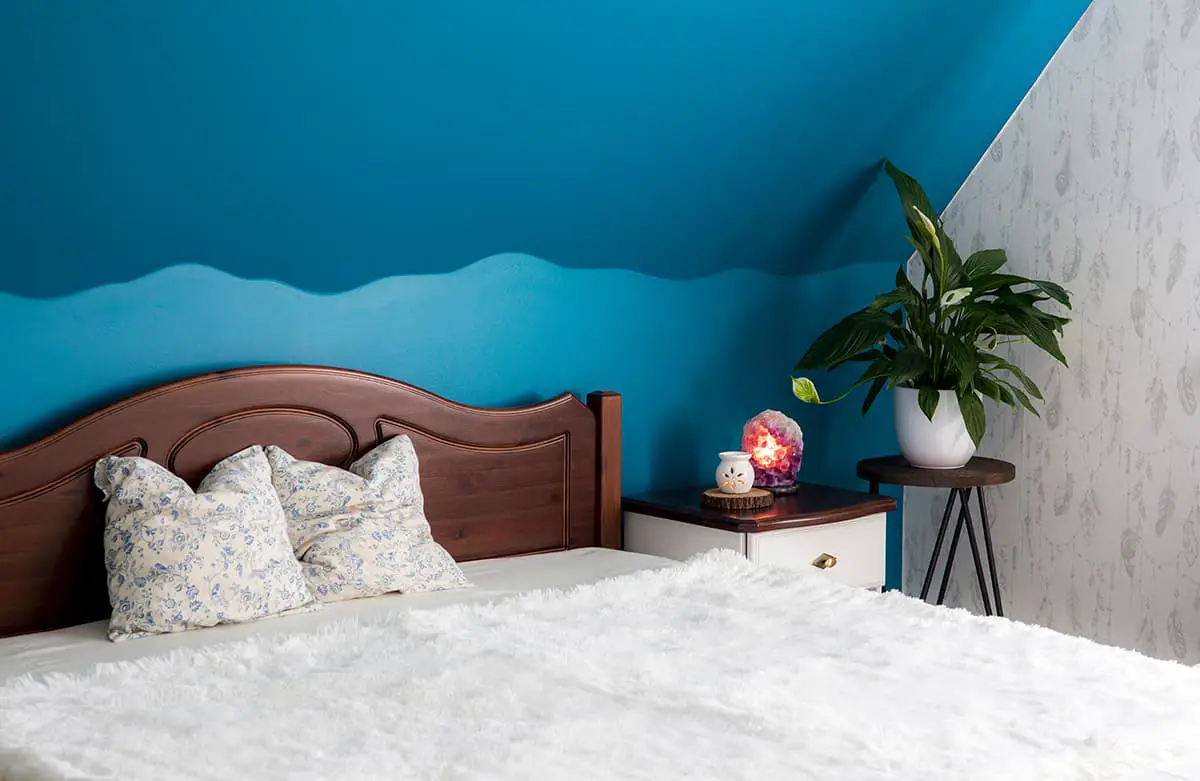
The Peace Lily (Spathiphyllum) is renowned for its air-purifying abilities. Studies suggest that Peace Lilies may support a balanced humidity level indoors. They absorb moisture from the air through their leaves. By maintaining a comfortable humidity level, they can make your sleep environment more pleasant.
Add a Peace Lily to your room for its aesthetic and health benefits. With its lush foliage and white blooms, it adds a touch of serenity.
Chamomile

Chamomile is widely recognized for its sleep-inducing properties. Studies suggest that it acts as a mild tranquilizer. It may be effective in managing insomnia. Consider adding a chamomile plant to your bedroom to enhance your sleep environment.
The benefits of chamomile are not limited to its potential as a natural sleep aid. Its aroma could also play a role in sedation. For better sleep, explore the use of chamomile in various forms, such as live plants or dried flowers.
Passionflower

Passionflower, or Passiflora incarnata, could be a natural ally for improving your sleep. Studies indicate that this plant may boost the quality of sleep. You can find its calming effects in various supplements. Passionflower contains compounds that may lower brain activity. This helps you relax at bedtime.
English Ivy

English Ivy, or Hedera helix, is a robust and adaptable houseplant. According to studies, it can release oxygen and absorb toxins like formaldehyde from the indoor air while you sleep.
Caring for your English Ivy is straightforward. It prefers moderate temperatures and indirect light. Ensure the soil stays moist but is well-drained. To promote vigorous growth, trim the vines regularly.
This plant can be artistically draped over shelves or grown in a hanging basket. Its cascading greenery adds a touch of elegance to your bedroom decor. Plus, its air-purifying qualities may contribute to a healthier sleeping environment.
Golden Pothos
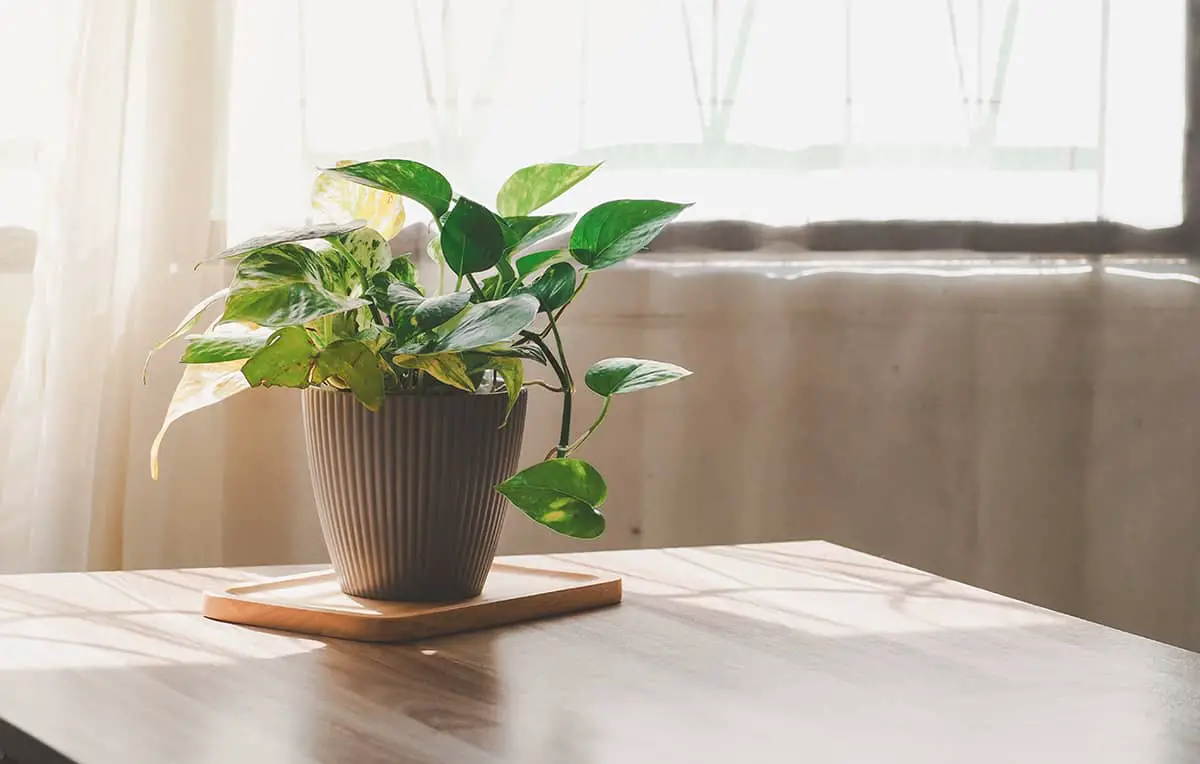
NASA’s Clean Air Study notes that golden pothos can remove indoor pollutants such as formaldehyde and benzene.
The plant has vibrant green, heart-shaped leaves. They are easy to care for and thrive in low-light conditions. This makes them suitable for bedroom environments. Their low maintenance nature means you don’t need to stress over their care.
Incorporating golden pothos into your sleep space can be aesthetically pleasing. They offer a touch of nature to your environment. Some plant experts, like Florida-based Nikki Bruner, suggest that they contribute to a more peaceful sleep. Remember to keep them out of reach if you have pets, as the leaves can be toxic when ingested.
Gerbera Daisy
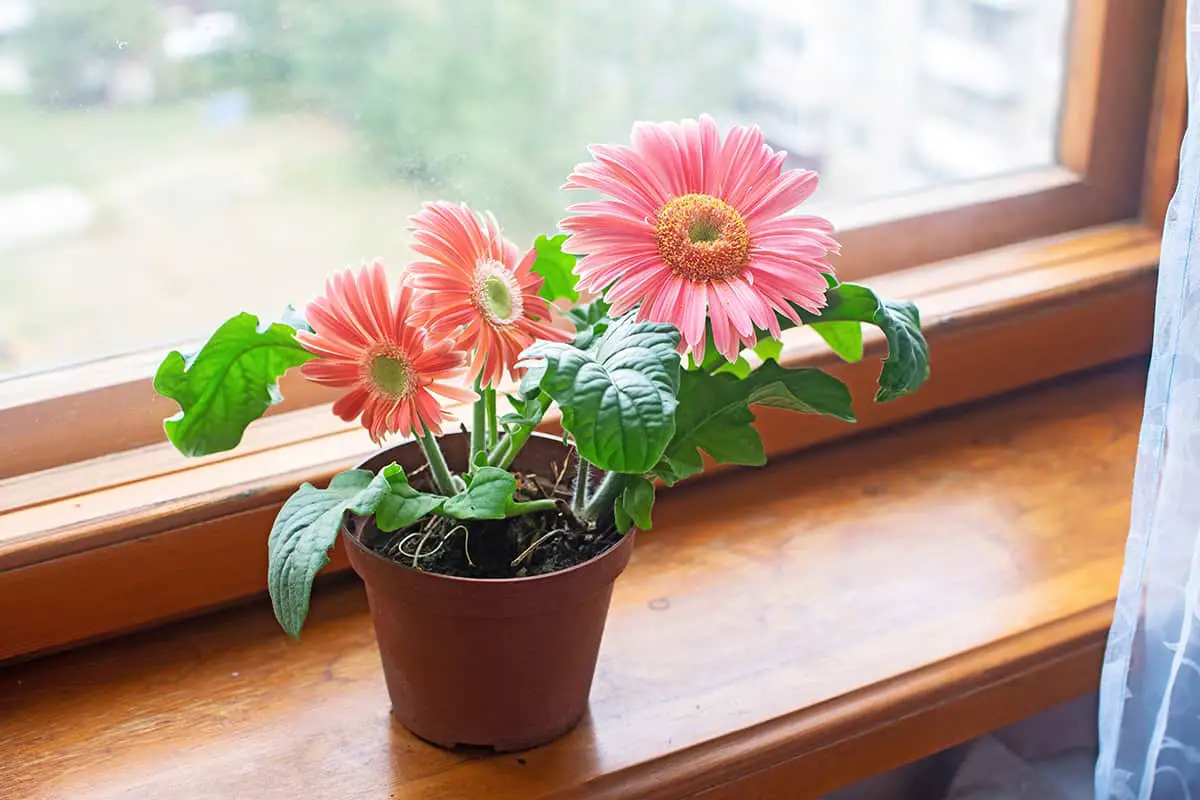
Gerbera Daisies brighten your bedroom with their vivid colors. They come in pink, white, yellow, and orange. You’ll find the flowers not only visually pleasing but also beneficial for sleep. These plants emit oxygen during the night, which can enhance your sleep environment.
Caring for a Gerbera Daisy is straightforward. Ensure it has well-draining soil and ample sunlight. Water the plant moderately, keeping the soil moist but not soaked. Overwatering can lead to root rot, so it’s important to balance.
The plant is known for its air-purifying abilities. It removes chemicals such as benzene and trichloroethylene from the air. By doing so, it contributes to a cleaner and healthier atmosphere in your bedroom. For those who are allergic or have respiratory issues, it can be especially helpful.
Lemon Balm
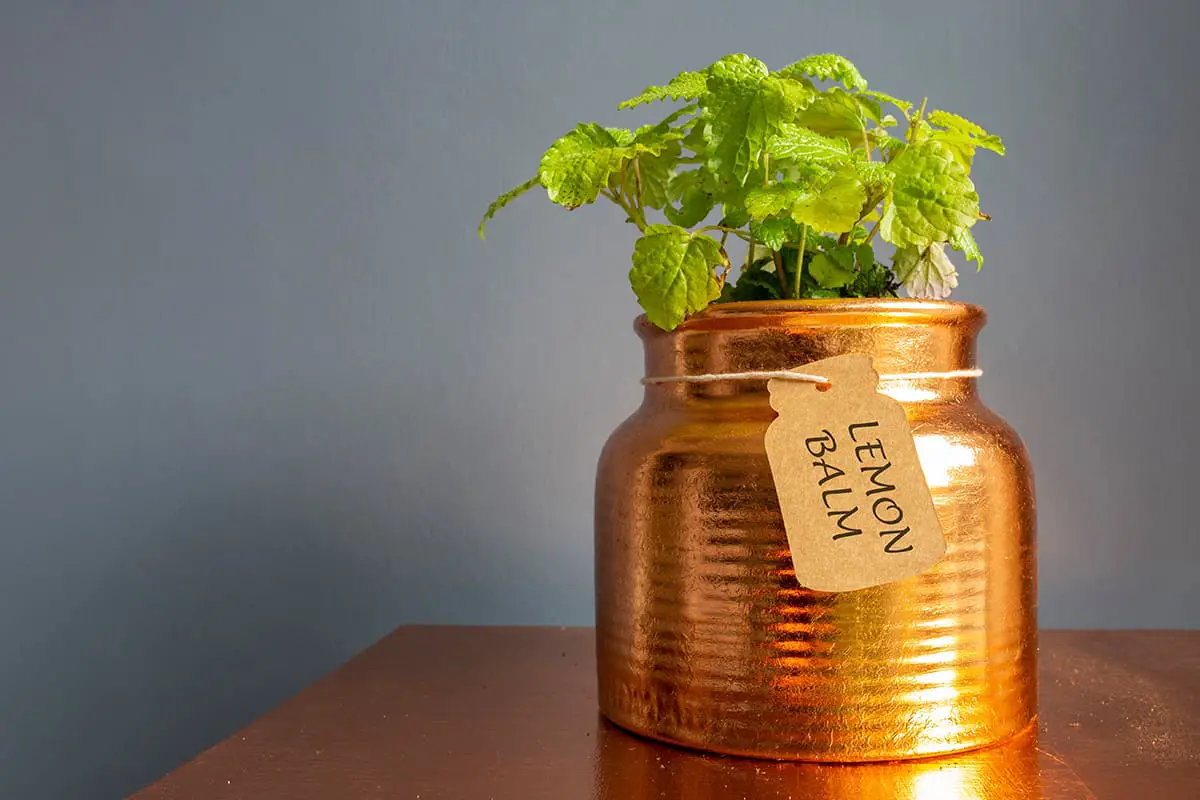
Lemon balm is a perennial herb with a reputation for promoting calmness and better sleep. It belongs to the mint family and possesses a lemony scent which contributes to its soothing properties. Studies suggest that lemon balm can help reduce anxiety, which often hinders good sleep.
